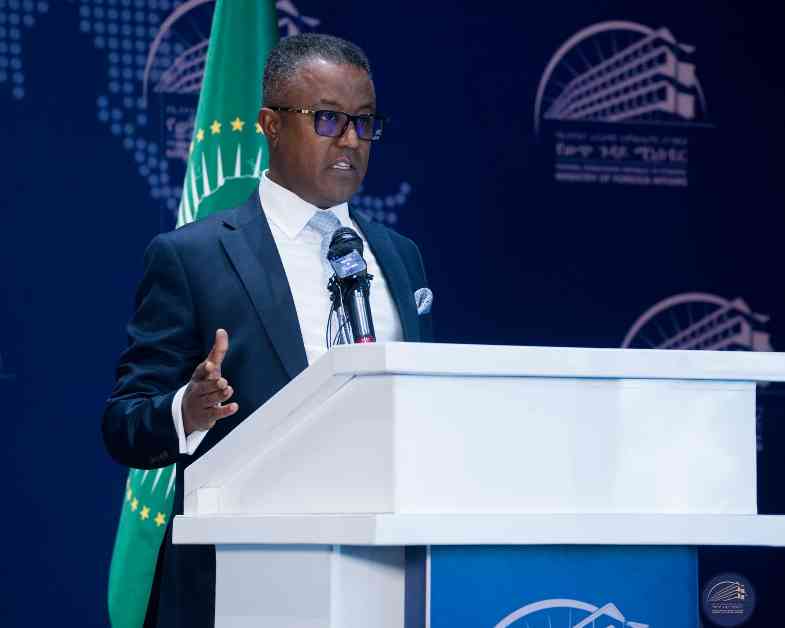The Ethiopian government has recently found itself entangled in a diplomatic row following a scathing opinion piece written by the country’s former president, Mulatu Teshome. The article, published in Al Jazeera, accused Eritrean President Isaias Afwerki of stoking conflict in northern Ethiopia and called for global intervention to prevent further escalation. The response from Asmara was swift and fiery, with Eritrea’s Information Minister dismissing the claims as warmongering and driven by ill intent.
Former President’s Controversial Remarks
In his article, Mulatu Teshome, who served as Ethiopia’s president from 2013 to 2018 and is known to be a close ally of Prime Minister Abiy Ahmed, did not mince words when it came to his criticism of the Eritrean regime. He likened President Isaias to a pyromaniac, suggesting that conflict and war were central to Eritrea’s agenda. Calling for diplomatic pressure on Eritrea, Mulatu painted a bleak picture of the region’s stability under Isaias’ leadership.
Eritrea’s Response and Escalating Tensions
Eritrea’s Information Minister, Yemane Gebre Meskel, swiftly rebutted the allegations, labeling them as false-flag alarm and warmongering. He accused the former Ethiopian president of having ill intent and provocations behind his critique. The tension between the two countries has been further exacerbated by reports of Eritrea considering closing its embassy in Addis Ababa and mobilizing its veterans for training, signaling a potential escalation in hostilities.
It was not until a recent press briefing by the Ministry of Foreign Affairs that the Ethiopian government officially distanced itself from Mulatu Teshome’s remarks. Spokesperson Nebiat Getachew clarified that the former president’s views were personal and did not represent the government’s stance on the matter. This move marked a significant shift in Ethiopia’s response to the controversy, shedding light on the delicate diplomatic dance between the two neighboring nations.
As the situation continues to unfold, the international community is closely watching the developments between Ethiopia and Eritrea. The war of words between former and current officials underscores the complex dynamics at play in the Horn of Africa. With both countries facing internal and external challenges, the need for constructive dialogue and peaceful resolution remains paramount. The echoes of past conflicts linger in the air, serving as a sobering reminder of the fragility of peace in the region.
In a world where political tensions can quickly escalate into full-blown conflicts, the importance of measured diplomacy and nuanced dialogue cannot be overstated. As neighboring nations navigate the choppy waters of regional politics, the need for mutual respect, understanding, and cooperation becomes increasingly vital. The fate of the Horn of Africa hangs in the balance, awaiting the wisdom and restraint of its leaders to steer it towards a path of peace and prosperity.

